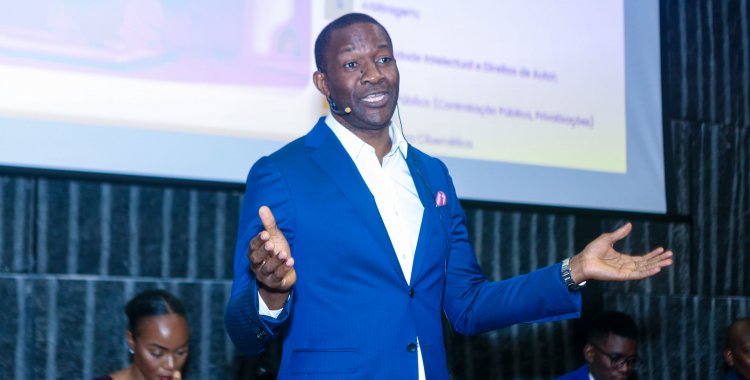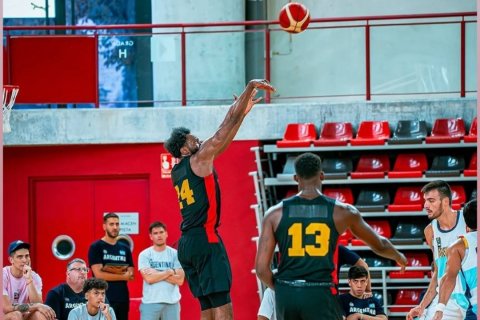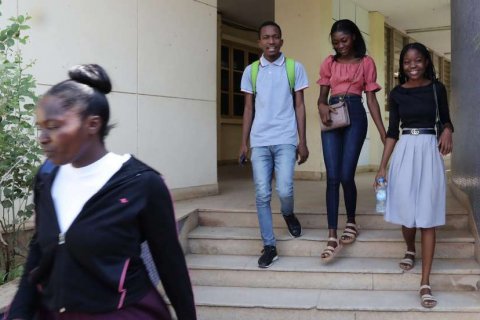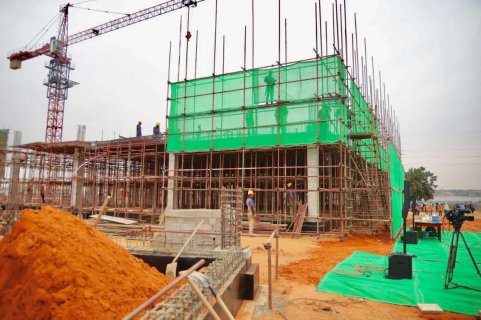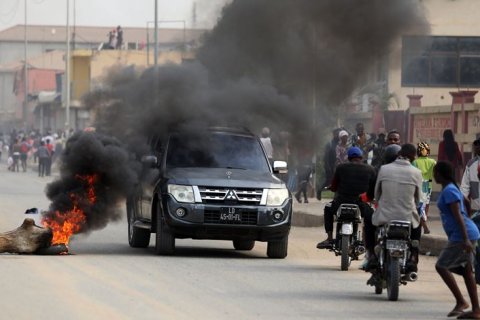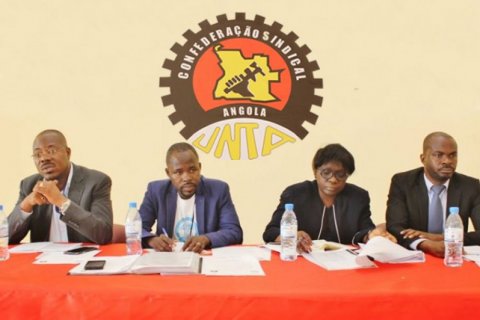The guarantee of a "fair trial" for those detained in the wake of the riots, vandalism, and looting recorded in Luanda and other provinces in Angola's interior early last week motivated Angolan lawyers who joined the Angolan Bar Association's (OAA) appeal, said José Luís Domingos.
"This was the motivation. The Order, in this context, mobilized more than 500 lawyers across the country, who, voluntarily and committed solely to advocacy and justice, are dedicating their expertise to ensuring that trials are as fair as possible," the president stated in a statement to Lusa this Tuesday.
José Domingos argued that the mobilization of lawyers in defense of the more than 1200 detainees reflects "the OAA's commitment to the rule of law and to the country," noting that the presumption of innocence "is a fundamental right," guaranteed by the Constitution, "as is access to justice."
"In the wake of the high number of arrests, which resulted in several people being subjected to interrogation and trial, this procedure would not be possible without the presence of lawyers," he said.
At least 240 people have begun trial in recent days in cases related to the riots and acts of vandalism that occurred in Luanda and the interior of Angola between July 28th and 30th, following the taxi drivers' strike.
The trials have already resulted in convictions and acquittals of some defendants, including children, who have been released to their families.
Expressing "recognition and gratitude" to all the lawyers involved, José Luís Domingos considered that any abnormal situation, such as the one recorded last week in Angola, creates "serious constraints" on the administration of justice.
"I believe that [the Angolan state] was also not prepared to deal with such a sudden influx of trials, and it is clear that, under this logic, many of the procedures may not be the most recommended," he emphasized.
According to the president, the lawyers' concern has been to "raise awareness" and, above all, "prevent minors, because they are not accountable, from being subjected to procedural coercion, interrogation, or even trial," which he believes is being achieved.
He also warned of the need to separate defendants without a criminal record from those who have previously committed a crime, "depending on the severity, and also to take into account extraordinary mitigating circumstances, such as unemployment."
The president of the OAA acknowledged that some people "exceeded the limit of what is legally permitted," advocating, however, for less severe sanctions, always focused on reintegration into society.
"We understand that, even for those subject to deprivation of liberty, the simplest measures should be chosen, because I believe that many of these citizens, if their guilt is proven, are unemployed," he said, arguing that, "ultimately," they should be sent to work.
"Instead of simply incarcerating people (...), they need to leave detention centers rehabilitated, with jobs," he insisted.
Regarding minors, already returned to their families, José Luís Domingos urged institutions to monitor these children to prevent them from returning to antisocial behavior, and also urged the government to engage in "more dialogue" with society.
"There is still a significant need for attention regarding the social conditions [of Angolans], which have not been the best," he concluded.

